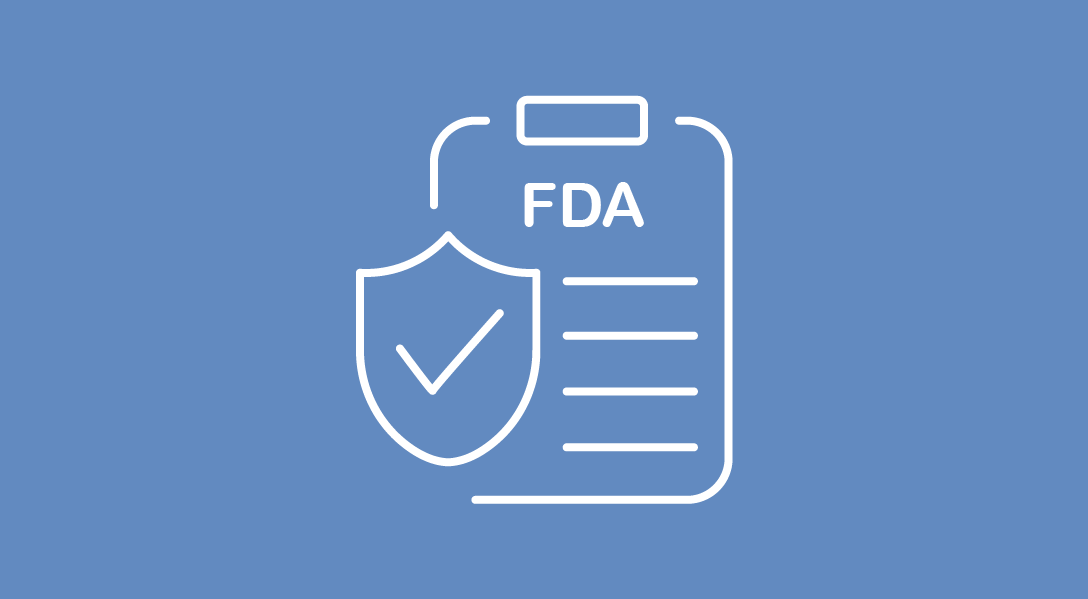FDA Fast Tracks Invikafusp Alfa for TMB-High CRC
Phase 1 data indicate invikafusp alfa's potential as a precision cancer immunotherapeutic in solid tumors that have progressed after PD-(L)1 therapy.
Invikafusp alfa (STAR0602), a first-in-class T-cell agonist, receives FDA Fast Track designation for advanced TMB-H colorectal cancer.

The FDA has granted fast track designation to invikafusp alfa (STAR0602), a first-in-class selective dual T-cell agonist, for treating patients with unresectable, locally advanced, or metastatic colorectal cancer (CRC) with high tumor mutational burden (TMB-H).1
The regulatory decision was supported by findings from the phase 1/2 START-001 trial (NCT05592626); data from the study presented during the 2024 SITC Annual Meeting demonstrated that, at the data cutoff of September 26, 2024, the disease control rate (DCR) was 50% among patients who received invikafusp alfa (n = 28).2 Additionally, 7 patients experienced tumor shrinkage with 2 confirmed partial responses among those treated at the optimal biologic dose range (n = 14) of 0.08 mg/kg and 0.12 mg/kg.
"The FDA's fast track designation is an important milestone for the STAR0602 program and further positions our unique selective dual T-cell agonist platform as a promising solution to address key challenges that perpetuate significant unmet needs in oncology," Zhen Su, MD, MBA, chief executive officer of Marengo Therapeutics, stated in a news release.1 "This recognition specifically validates the promise of STAR0602 as a novel treatment option for patients with TMB-H metastatic CRC, which is insensitive to PD-1 treatment."
START-001 was a first-in-human, multicenter study that investigated invikafusp alfa monotherapy in patients with unresectable, locally advanced or metastatic solid tumors.2 Patients needed to have TMB-H CRC, microsatellite instability–high/mismatch repair–deficient, or virally associated tumors. An ECOG performance status of 1 or less was also required and prior anti–PD-(L)1 therapy was permitted.
Phase 1 followed a standard 3+3 dose-escalation design; patients received intravenous invikafusp alfa at a dose of 0.01 mg/kg, 0.02 mg/kg, 0.04 mg/kg, 0.08 mg/kg, 0.12 mg/kg, or 0.16 mg/kg every 2 weeks.
The study enrolled heavily pretreated patients who were resistant to anti–PD-(L)1 therapy across 16 tumor types: adrenocortical (n = 1), ampullary (n = 1), anal (n = 5), breast (n = 1), cervical (n = 6), colon (n = 4), esophageal (n = 1), nasopharyngeal (n = 2), pancreatic (n = 1), rectal (n = 1), skin (n = 1), and vulvar (n = 1) cancers, as well as melanoma (n = 1), Merkel cell carcinoma (n = 2), non–small cell lung cancer (n = 2), and head and neck squamous cell carcinoma (n = 5).
The primary objectives in the phase 1 portion were establishing the recommended phase 2 dose (RP2D), as well as safety and tolerability. Key secondary objectives included preliminary antitumor activity and pharmacokinetics.
Safety data from the dose escalation phase showed that the most common treatment-related adverse effects (TRAEs) were transient, low-grade cytokine release syndrome during the first and second doses of invikafusp alfa. Immune effector cell–associated neurotoxicity syndrome or grade 4 cytokine release syndrome (CRS) were not reported. There were no grade 4 or 5 AEs. Patients treated at the optimal biologic doses experienced grade 1/2 TRAEs including CRS (71.4%), pyrexia (64.3%), and vomiting (57.1%).
"Marengo's selective Vβ T cell activation approach targeting specific T-cell subsets enriched in Tumor-infiltrating lymphocytes to enhance anti-tumor activity is unique and highly promising," Bruce Chabner, MD, the Allen Distinguished Investigator and Clinical Director Emeritus for the Massachusetts General Hospital Cancer Center, as well as a professor of medicine at Harvard Medical School in Boston, added in the news release.1 "The phase 2 clinical investigation of invikafusp alfa is ongoing and this novel treatment could lead to a new class of therapeutics for tumor types that are PD-1 insensitive or resistant, especially in CRC where current treatment options remain limited."
References
- Marengo's first-in-class invikafusp alfa (STAR0602) receives U.S. FDA fast track designation for treatment of unresectable, locally advanced, or metastatic colorectal cancers with high tumor mutational burden (TMB-H). News release. Marengo Therapeutics, Inc. January 8, 2025. Accessed January 8, 2025. https://www.prnewswire.com/news-releases/marengos-first-in-class-invikafusp-alfa-star0602-receives-us-fda-fast-track-designation-for-treatment-of-unresectable-locally-advanced-or-metastatic-colorectal-cancers-with-high-tumor-mutational-burden-tmb-h-302344827.html
- Gulley JL, Sullivan RJ, Friedman CF, et al. STARt001: a phase 1/2 study of invikafusp alfa (STAR0602), a first-in-class TCR β chain-targeted bispecific antibody, as monotherapy in patients with antigen-rich solid tumors resistant to anti-PD(L)1. J Immunother Cancer. 2024;12(suppl 3):A1702. doi:10.1136/jitc-2024-SITC2024.1470



